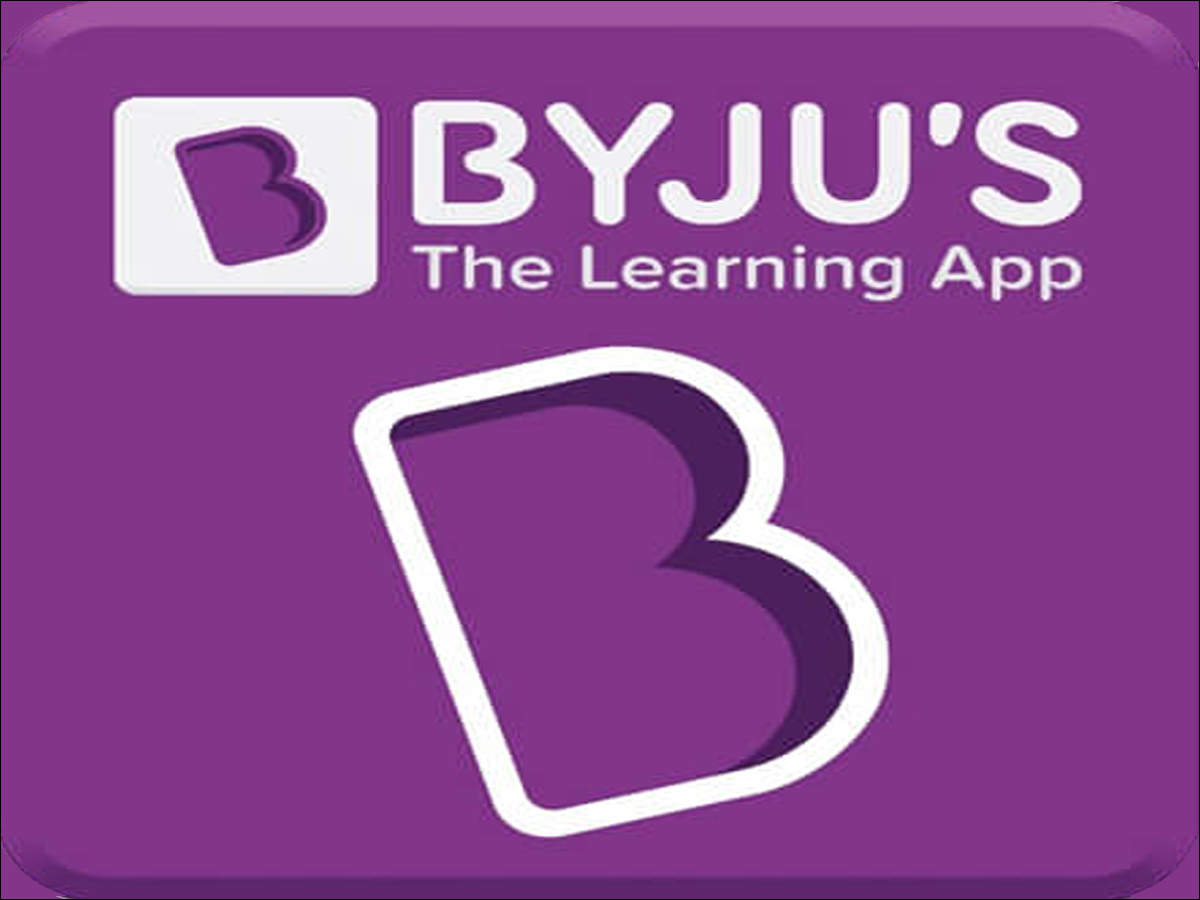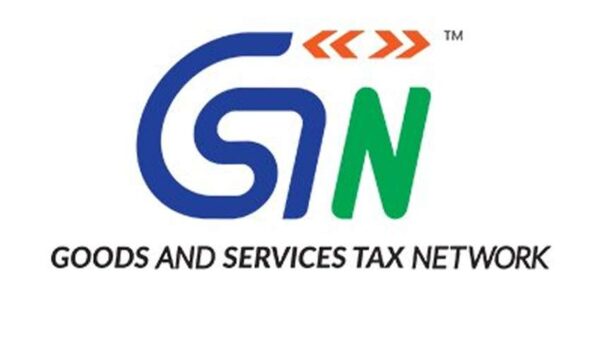Delhi High Court in its recent order has not allowed the CFO of the BYJUS to tender his statement and adduce evidence through video conferencing, in relation to a summon issued under Section 70 of the CGST Act,2017.
Facts of the Case:
The Petitioner Mr P V Rao, is presently employed by Think and Learn Private Limited (“Company”) in the capacity of Chief Financial Officer (“CFO”). This company is engaged in the business of providing online courses, classes etc. through its website and mobile applications by the brand name “BYJU’S”. Respondent No. 1, the DGGSTI, is presently carrying out an investigation under Section 67 of the CGST Act in relation to the Company, for evasion of GST on books/printed material being supplied by the Company, by mis-declaring such supplies under an exempted category.
The Respondent No. 1 has summoned the Petitioner several times, requiring him to tender his statement and present evidence before him at New Delhi. The Petitioner represented that, owing to his ill health and the rising number of COVID-19 infections across the country, it was not safe for him to travel to New Delhi for recording of his statement, and requested that he be permitted to appear through video conference. The said request was declined and the Petitioner was directed to present himself for tendering statement. In these circumstances, the Petitioner has approached Delhi High Court seeking a writ of Mandamus for directing Respondent No. 1 to record his statement through video conference.
The Counsel for Petitioner strongly urged that the Petitioner is in a high-risk and vulnerable age group, and is staying at home to the extent possible, to protect himself against the risk of contracting COVID-19 and, therefore, his request to appear through video conferencing should be allowed.
Order of Delhi High Court: Deliberation and Ruling
- It manifests that the Petitioner’s health condition does not impede his ability to undertake travel. The only ground that is urged for our consideration is whether the current COVID-19 pandemic situation can ipso facto be cited as a ground to insist that the tendering of statement be done through video conferencing.
- Concededly, the investigation is ongoing and the Respondent wants to unearth the role of the Petitioner in the alleged tax evasion by the Company. The previous conduct of the Petitioner, at the stage of inspection when the officers of the Respondents were visiting Bengaluru, demonstrates that the Petitioner consistently avoided recording his statement on one pretext or the other.
- Thus, having regard to the past non-cooperative conduct of the Petitioner, and the mere apprehension or fear of the Petitioner of contracting the COVID-19 infection, we would not like to interdict or interfere in the investigation process. No doubt, due to the recent outbreak of COVID-19, the Courts of this country including the Supreme Court as well as this Court have adopted measures to reduce physical presence of the lawyers and litigants, and several social-distancing guidelines have been issued by several health authorities as well as the Government of India.
- In this process, the use of the modern technologies has been put to use for dispensation of justice by the Courts. However, that is not the situation before us. The statement to be recorded in not during trial before a court of law.
- We are concerned with the investigation being carried out by an investigating agency. The evidence being recorded at this stage would impact the entire investigation of tax evasion. The
questioning during investigation has to be on the basis of evaluation and examination of documents. During the process of interrogation, the investigating agency may come across certain relevant facts and discoveries which are germane and crucial for concluding the investigation.
- Judicial interference at this threshold stage, in such matters relating to investigation, has to be exercised with circumspection. The concept of balance of convenience, therefore, cannot be tilted in favour of the Petitioner to be allowed to appear through video conferencing, merely because travelling from Bengaluru to New Delhi would be a risk factor for the Petitioner of contracting COVID-19. This mere apprehension of contracting COVID-19 does not persuade us to grant the relief sought for by the present Petitioner.
In view of above deliberations the Court did not find any merit in the present petition and dismissed the writ petition. However the Court in the order stated that while recording the statement of the Petitioner, as and when he appears before the Respondents, all safety measures and protocols would be in place, and that his statement would be recorded and concluded on day-to-day basis so that the Petitioner would have to travel to Delhi only once.
READ / DOWNLOAD ORDER:
***
[rainbow]Don’t miss the next GST Update / Article / Judicial pronouncement[/rainbow]
Subscribe to our newsletter from FREE to stay updated on GST Law
Resolve your GST queries from national level experts on GST free of cost.
Frah Saeed is a law graduate specializing in the core field of indirect taxes and is the Co-founder of taxwallah.com. She has authored many publications on GST and is into full-time consultancy on GST to big corporates. She as a part of taxwallah.com heads a team comprising of Chartered Accountants and Advocates and plays a key role in our mission to disseminate GST knowledge to all.




